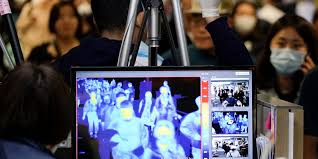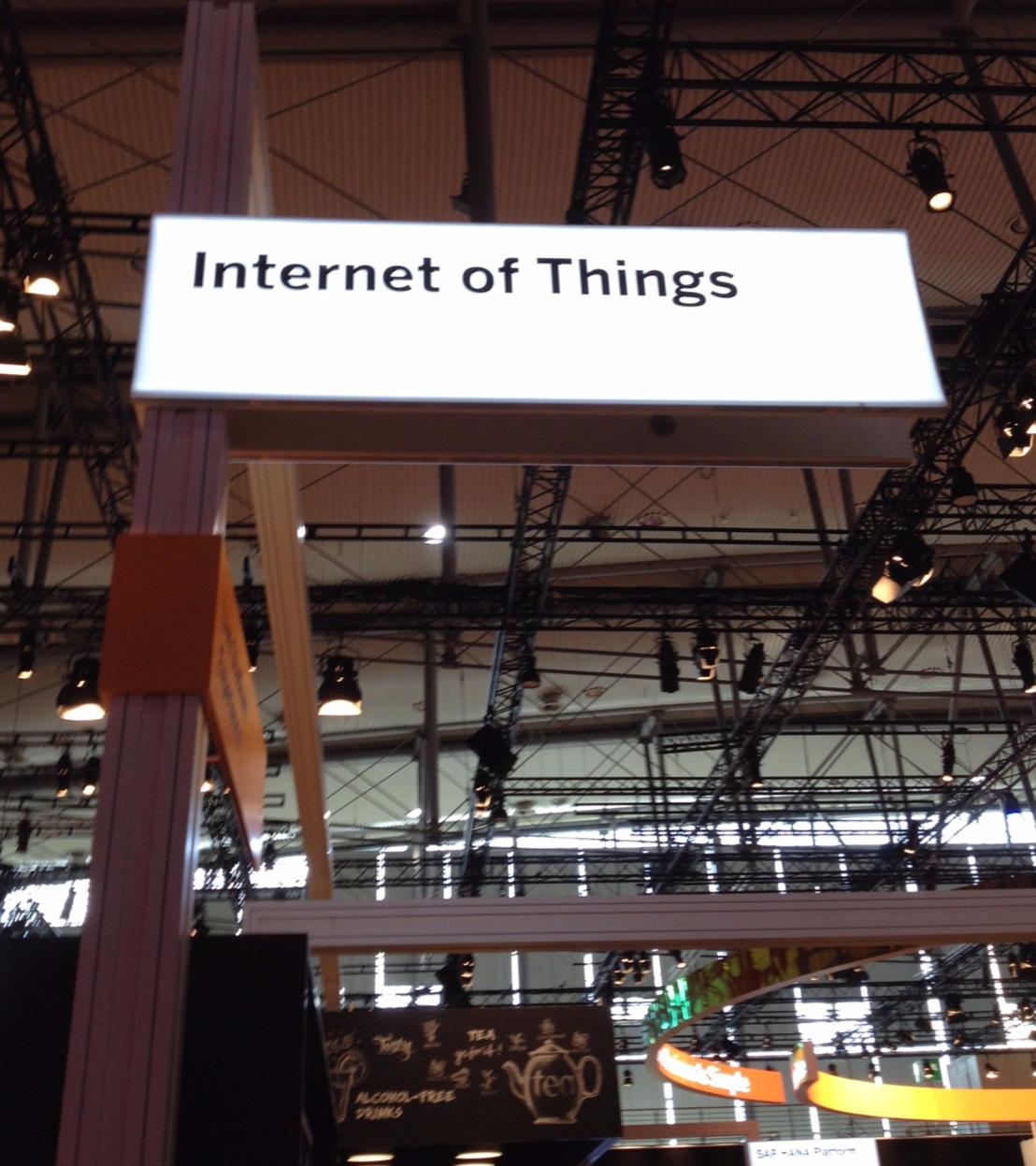Source: businessinsider.com
Internet of things (IoT) providers have reported an uptick in demand due to the coronavirus pandemic, with new use cases arising in accordance with social distancing guidelines and shifts in healthcare operations.
Here are a few examples of how IoT solutions have been developed or accelerated in response to the coronavirus pandemic:
- Vodafone UK helped develop an IoT-enabled thermal camera to facilitate safe easing of social distancing measures. The thermal camera, developed in collaboration with surveillance company Digital Barriers, can track the temperatures of 100 individuals per minute. A number of entities are reportedly interested in using thermal camera technology to accelerate the return to normal operations, including a Premier League team and Heathrow Airport, according to The Telegraph. Amazon reportedly spent almost $10 million on thermal cameras to monitor the health of its US employees. Though some studies suggest thermal cameras may not be effective in identifying coronavirus-positive individuals, the technology has been used heavily in the early stages of China’s reopening of factories.
- AT&T and Brain Corp accelerated deployments for their IoT-enabled autonomous cleaning robots for retail locations. The autonomous robots are used to clean floors and deliver goods in groceries stores, big-box stores, malls, and airports. The use of such robots can help ensure these environments remain clean while lessening workers’ potential exposure to the coronavirus. Chris Penrose, SVP Advanced Solutions at AT&T, told us, “we’re definitely seeing [a demand] uptick for [Brain Corp’s] solutions because of what’s going on, but we see this as being something that is needed now and will continue to be in more demand as we go forward.”
- Consumers have embraced smart thermometers, helping epidemiologists gain valuable real-time datasets. Kinsa, a smart thermometer company, has seen demand spike since the onset of the coronavirus pandemic, according to The New York Times. The company released a public dataset containing consumers’ real-time temperature recordings by location, which has helped data scientists predict where outbreaks will occur sooner.
We foresee a permanent uptick in IoT adoption resulting from the coronavirus pandemic. As with remote working tools, the accelerated investment in IoT solutions is in direct response to the coronavirus pandemic, but the technology will continue to proliferate post-pandemic as it unlocks long-term efficiencies. For example, even if a company invests in an autonomous cleaning robot to cope with the pandemic, its cost savings will be realized for the life cycle of the machine.
Similarly, though the proliferation of thermal cameras arose in response to the coronavirus, airports and factories will likely maintain their use in the long term, as there will likely be heightened sensitivity to the potential for future outbreaks. Speaking about increased IoT demand in the healthcare space after pandemic disruptions subside, AT&T’s Chris Penrose told us, “you’re going to continue to see more and more demand in the use cases around IoT and I think that [will also] translate through to many other industries as well.”
Want to read more stories like this one? Here’s how to get access:
- Business Insider Intelligence analyzes the tech industry and provides in-depth analyst reports, proprietary forecasts, customizable charts, and more. >> Check if your company has BII Enterprise membership access
- Sign up for the Connectivity & Tech Briefing, Business Insider Intelligence’s expert email newsletter keeping you up-to-date on the people, technologies, trends, and companies shaping the future of healthcare, delivered to your inbox 6x a week. >> Get Started
- Explore related topics in more depth. >> Visit Our Report Store
- Current subscribers can log in to read the briefing here.


